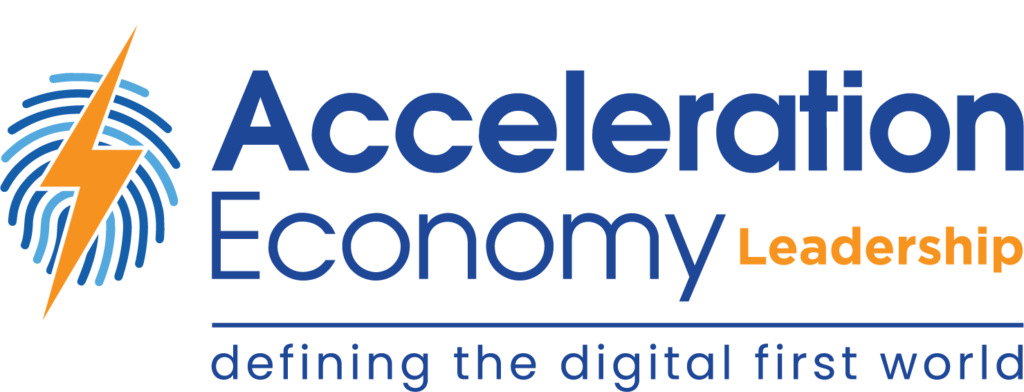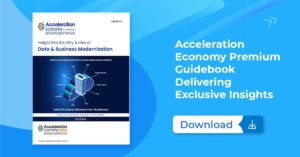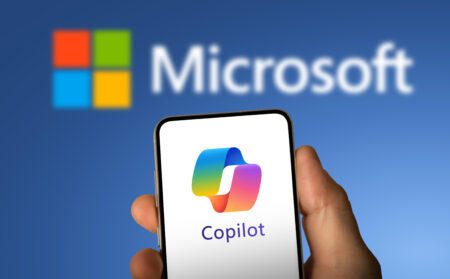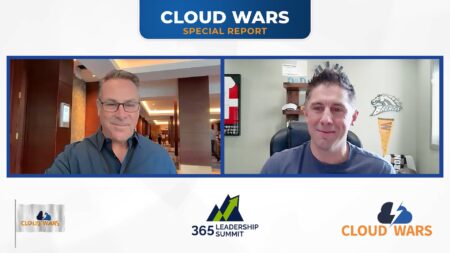In episode 61 of the Leadership Minute, Tony Uphoff digs into his recent Road to CIO Summit interview with best-selling author and Category Pirates‘ Co-Creator Christopher Lochhead on the differences between native digitals and native analogs, and why it’s critically important that today’s leaders understand the former’s growing influence on the workplace, economy, and society.
To hear more data modernization, AI/hyperautomation, cybersecurity, and growth strategies from CIO practitioners, tune into Acceleration Economy’s Digital CIO Summit, which takes place April 4-6. Register for the free event here.
Highlights
00:40 — Terms like Baby Boomers, Millennials, Gen Z, and others have become part of the popular nomenclature and are oftentimes used to describe differences between generations. These terms don’t explain the differences between generations, however. People view the world differently based on their life experiences, not simply based on their age.
01:51 — Tony has always been an early adopter of technology, from personal computers and mobile phones to social media and SaaS. He’s also been an avid user and advocate of technology, particularly so for the use of technology in business. Despite this, Tony is a native analog, because the internet didn’t exist commercially in his formative years, and he remembers having to go into an office or find a pay phone to make calls. While he leads a digital life today, his formative years and business experiences were analog.
02:39 — Why does this matter? Because native digitals are now the largest portion of your workforce and your customer base, and that portion is growing. Their experiences, the way they think about work, interact with colleagues and bosses, and the expectations they bring to the workplace are different.
03:26 — Tony quotes Christopher Lochhead: “Native digitals, people under 35, will progressively spend more time, money, and energy enhancing their lives, their work, and their play through digital experiences, products, and transformations, not analog ones.”
03:56 — So, having easy access to information and tools online is table stakes today. When Tony asked some millennial managers he advises about their week, each of them listed a series of meetings they had, but none of them said video or online meetings, although all of them the meetings in question were online; they simply talked about meetings. Similarly, exploring the current status of office versus remote work with a wide range of business leaders recently, Tony was told that many digital natives in their companies no longer use the term remote work. It’s simply called work.
04:47 — Digital first does not mean digital only; data on retail shopping, live events, and travel would suggest that digital is certainly first, but it is also serving as the connection to analog experiences.
05:11 — Tony concludes by saying that business leaders need to understand that employees and customers have a different set of experiences when it comes to technology, and these experiences now form how they view the world and how they set their expectations. Native digitals will rewrite demographic trends, just as their Baby Boomer parents did.
Want more tech insights for the top execs? Visit the Leadership channel:











